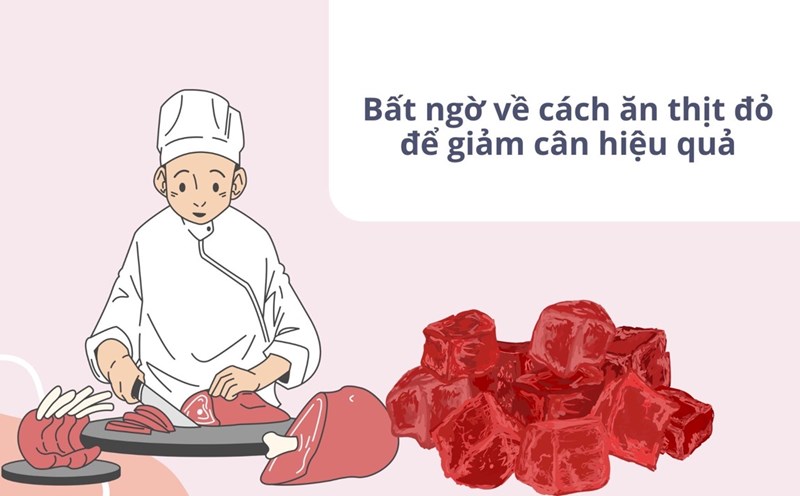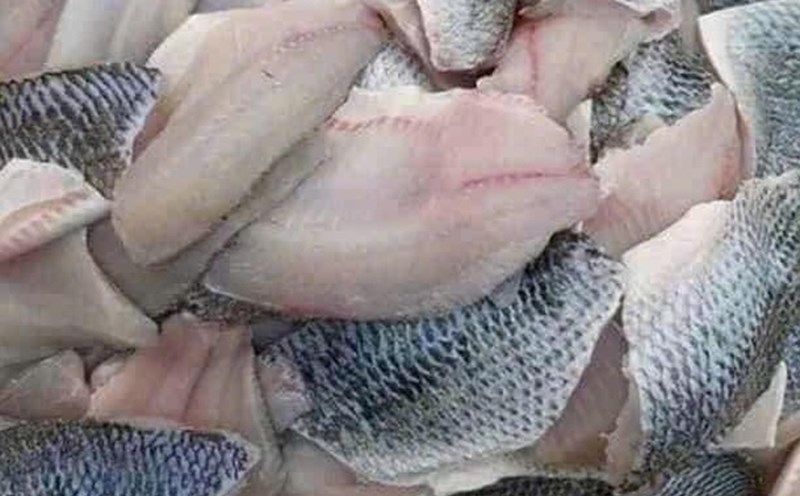Tomatoes, although not a rich source of iron, play an important role in supporting iron absorption thanks to their high vitamin C and antioxidant content.
An average tomato, about 120g, contains about 20 mg of vitamin C, equivalent to 25 30% of the body's daily needs. Vitamin C has been shown to be an effective factor in supporting the absorption of heme-free iron (the type of iron found in plants).
According to research, when combining foods rich in vitamin C such as tomatoes with plant sources of iron such as beans, spinach, and cereals, the absorption of iron can increase by 2-3 times.
In addition, tomatoes contain lycopene, a powerful antioxidant, which helps protect red blood cells from damage caused by free radicals. Supplementing lycopene can improve bloodological function and reduce oxidative stress levels in people with anemia.
Add tomatoes to your diet
To achieve the optimal effect of supplementing iron, people with anemia should eat raw or lightly processed tomatoes such as steaming, mixing salads, or making juices, instead of overcooking because vitamin C can easily decompose at high temperatures.
Tomatoes should also be eaten with iron-rich dishes such as red meat, eggs, animal liver, or soy. For example, beef salad with tomatoes is an ideal combination to increase iron absorption.
However, people with gastritis or acid reflux should limit eating raw tomatoes because the acidity can irritate the stomach lining.
Tomatoes are not only an effective iron supplement for people with anemia thanks to their high vitamin C content, but also contribute to protecting red blood cells and improving blood health if used properly.










